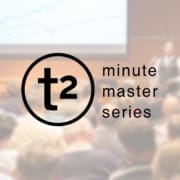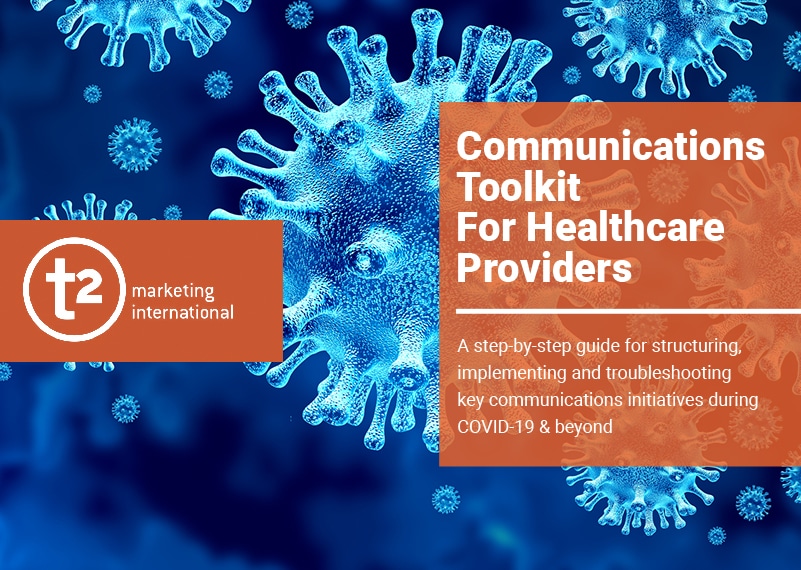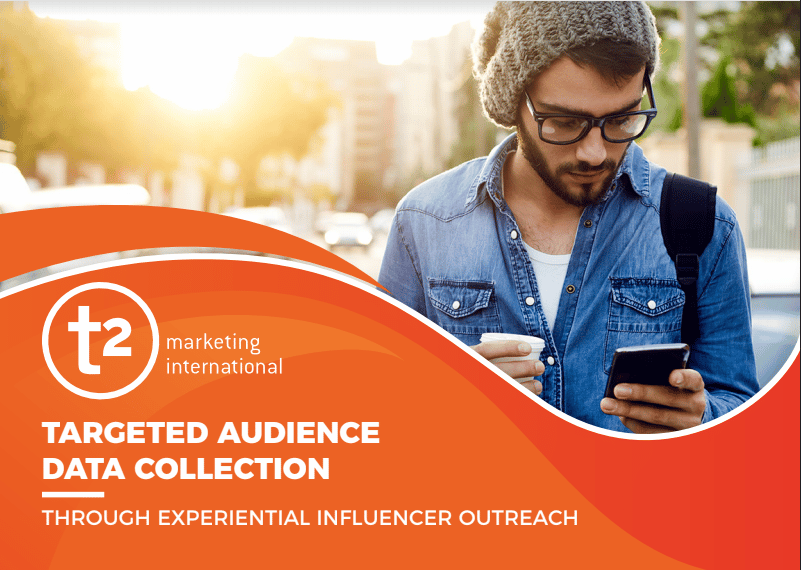Daily Minute Master Series – September 3rd, 2019
Social Media
Facebook May Soon Hide Total Like Counts on Posts, Mirroring Instagram’s Test
Amid testing of hidden like counts in seven countries on Instagram, Facebook is now also considering the same in its main app, according to reverse engineering expert Jane Manchun Wong. As noted, Instagram began its test of removing total Like post counts for Canadian users back in April, then expanded it to Australia, Brazil, Ireland, Italy, Japan and New Zealand in July. The idea of removing Like counts on Instagram relates to that company’s broader focus on user wellbeing. The removal of public like counts, according to Mosseri, could reduce social comparison, and its associated negative impacts. The expansion of the program to Facebook would be a major step. Facebook, with 2.4 billion active users, is the largest social media platform in the world, by a significant margin, and while users have most definitely made their opinions known about Like count removals on Instagram, Facebook is going to hear a lot more about the same if it is extended to the main app.
For the full article click here
Facebook Highlights Page Stories in Feed Separate Panel, Expanding Opportunity for Brand Exposure
Facebook Stories may not have taken off the way Stories have on Instagram, but it is slowly gaining momentum. Facebook remains confident that Stories are the future of social sharing. And as such, the platform continues to test out new ways to promote Facebook Stories, and boost interest in the option. Facebook’s latest test sees it showcasing Stories from Pages, specifically, in a new, in-Feed panel. That could provide expanded promotional opportunity – already, the top of feed placement of Facebook Stories makes it a great potential option for getting in front of users, but a specific listing of Page Stories amplifies that even further. If you’ve been considering Facebook Stories for your promotions, or even cross-posting your Instagram Stories, this may be another prompt to get you moving in that direction – which is no doubt Facebook’s aim here, but definitely, it could prove valuable.
For the full article click here
YouTube Will Roll Out Abbreviated Subscriber Counts in September
After initially announcing the coming change back in May, YouTube has confirmed that it’s new, abbreviated public subscriber counts will come into effect next month. That makes sense from a consistency perspective, but it could also negatively impact some creators. That may lead to creators losing sponsorship opportunities, as they could be overlooked in favor of larger channels, despite their channel actually being much closer to parity. It’s also put the onus onto the creators themselves to share their actual subscriber count – channel owners themselves will still be able to view the full, real-time count in their analytics – but some may lose opportunities outright because of the shift. Worth noting too that the changes relate to YouTube’s API usage also, meaning that any app which uses YouTube subscriber counts will lose access to the full, detailed listing. That will impact analytics tools which display subscriber counts and changes over time. The actual impacts will be relative to each individual account, but it’ll be interesting to see whether there are any significant shifts because of the update, and/or opportunities lost due to altered perception.
For the full article click here
Facebook introduces new policies for political, social issue ads ahead of 2020 elections
Facebook has updated its ad policies for political advertisers and anyone running electoral or social issue ads. The new policies, which include new disclaimer requirements for political advertisers and updates to the company’s list of social issue topics in the U.S, were introduced on Wednesday and apply to ads on Facebook and Instagram. Beginning mid-September, any advertiser running political, electoral or social issue ads will need to give Facebook more details about their organization. Facebook is also updating its labels for political, electoral and social issue ads. Now, when a user taps the “i” icon that includes either the “Confirmed Organization” or “About this Ad” language, they will see the information Facebook has confirmed. For example, a “Confirmed Organization” label will show the EIN or FEC number provided by the advertisers. The “About this Ad” label will include the organization’s phone number and email address. These updates apply not only to marketers managing ad campaigns for political candidates, but also anyone overseeing ads for an organization attached to political causes that may be running social issue ads. As we near the 2020 U.S. election cycle, the number of political, electoral and social issue ads will only increase — which means more ad dollars being allocated to Facebook. Marketers responsible for running political, electoral or social issue ads on Facebook and Instagram will need to stay on top of the company’s ad policies to make sure their ad campaigns run smoothly.
For the full article click here





